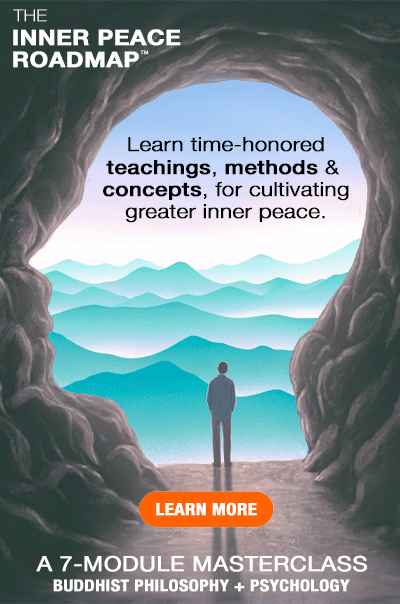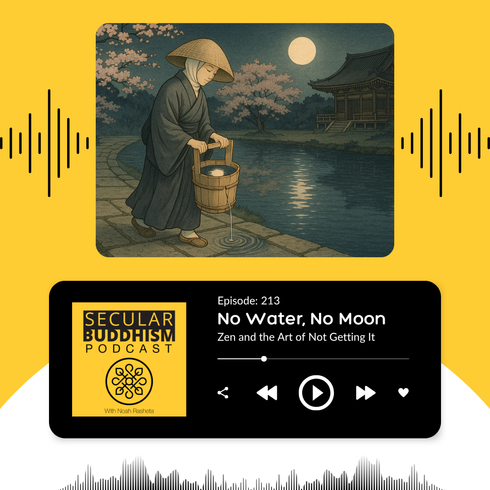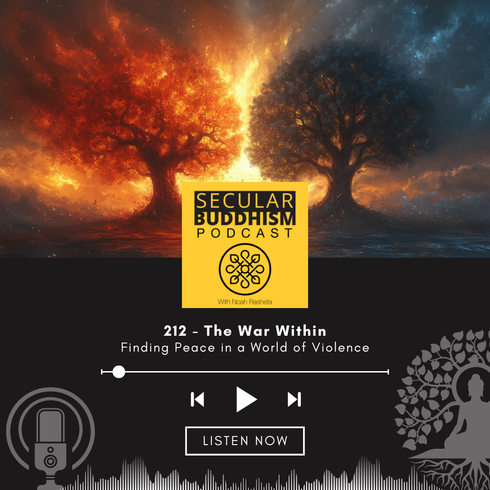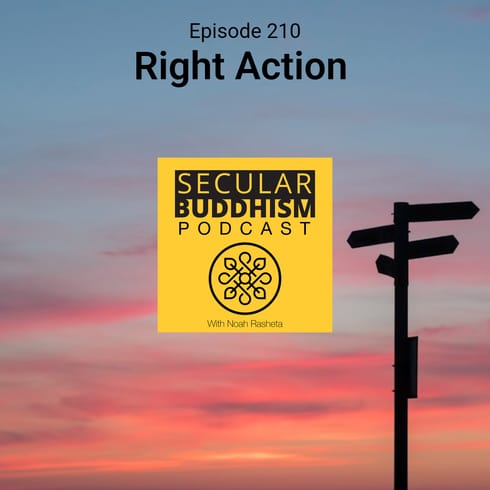
Across Relationships, Politics, and Faith
I was recently asked by a podcast listener for tips on navigating difficult conversations, especially when beliefs differ, like in mixed-faith marriages. It got me thinking about the wider challenge we face in our polarized society: we tend to dismiss those whose views differ from our own. Truly understanding each other seems increasingly rare. Yet, it doesn't have to be this way.
In today's world, solely engaging with those who mirror our beliefs can lead to societal polarization and personal stagnation. Embracing diversity in thought is vital for a flourishing society and harmonious relationships. While it's comforting to resonate with like-minded individuals, understanding and respecting diverse opinions is where genuine growth occurs. Let's step out of our echo chambers and lean into meaningful dialogues.
These 8 tips are not just for relationships; they are tools for any conversation where differences arise. Whether in politics, religion, or daily life, let us challenge ourselves to break barriers and build bridges.
- Practice Active Listening: Ensure you're fully present in the conversation. This means avoiding interruptions and genuinely trying to understand the other person's perspective. It's about understanding, not just hearing.
- Avoid Assumptions: Don't assume you understand the other person's views or reasons. If you are unsure, ask open-ended questions to gain clarity. Ask them to elaborate rather than dismissing it outright.
- Empathize: Put yourself in the other person's shoes. This doesn't mean agreeing but trying to understand their emotions and reasons. Empathy goes beyond sympathy; it's about trying to feel what the other person feels.
- Stay Calm and Respectful: Even if you disagree, maintain your composure. Avoid derogatory language or personal attacks. When feelings get intense, a short break or a pause in the talk can aid in keeping respect.
- Seek Common Ground: Focus on shared values or concerns. This can serve as a foundation for more in-depth conversations. It changes the center from conflict to cooperation.
- Limit Defensiveness: When we feel attacked, our natural response is to defend. However, this can escalate conflicts. Instead, try to understand the underlying concerns of the other party. Focus more on listening rather than defending your position.
- Acknowledge Differences: It's okay to have different opinions. What's vital is how we handle and respect these differences. It's okay to "agree to disagree." The goal is not to reach an agreement, but to foster understanding.
- Embrace Lifelong Learning: Regularly educate yourself on diverse viewpoints, even those you might disagree with. This broadens your perspective and equips you for more informed conversations. Embracing lifelong learning means being open to new ideas and information, even if they challenge your current beliefs.
By adopting these practices, we can foster better understanding, cultivate more meaningful relationships, and work towards a more united society. Let's commit to breaking barriers and building bridges.
Bonus Tip
Share Personal Experiences: Sometimes, personal stories can humanize a debate and provide context that pure facts or arguments can't. Sharing personal stories can break down barriers in a conversation, making abstract concepts tangible and relatable.
Explore topics
Explore pages
Subscribe
Related posts
A DOSE OF WISDOM IN YOUR INBOX
Subscribe to the newsletter to receive time-honored teachings in your inbox. This content is aimed at helping you cultivate a greater sense of inner peace. You’ll also be the first to receive updates on podcasts, events, retreats, and workshops, and gain exclusive access to content available only to subscribers.




